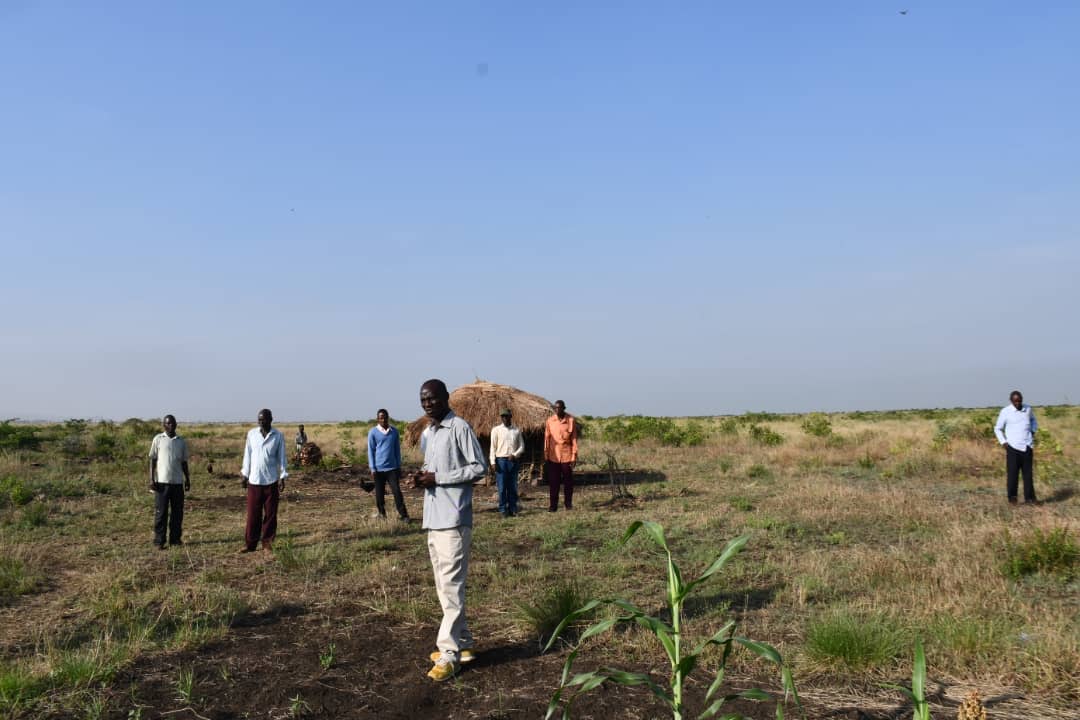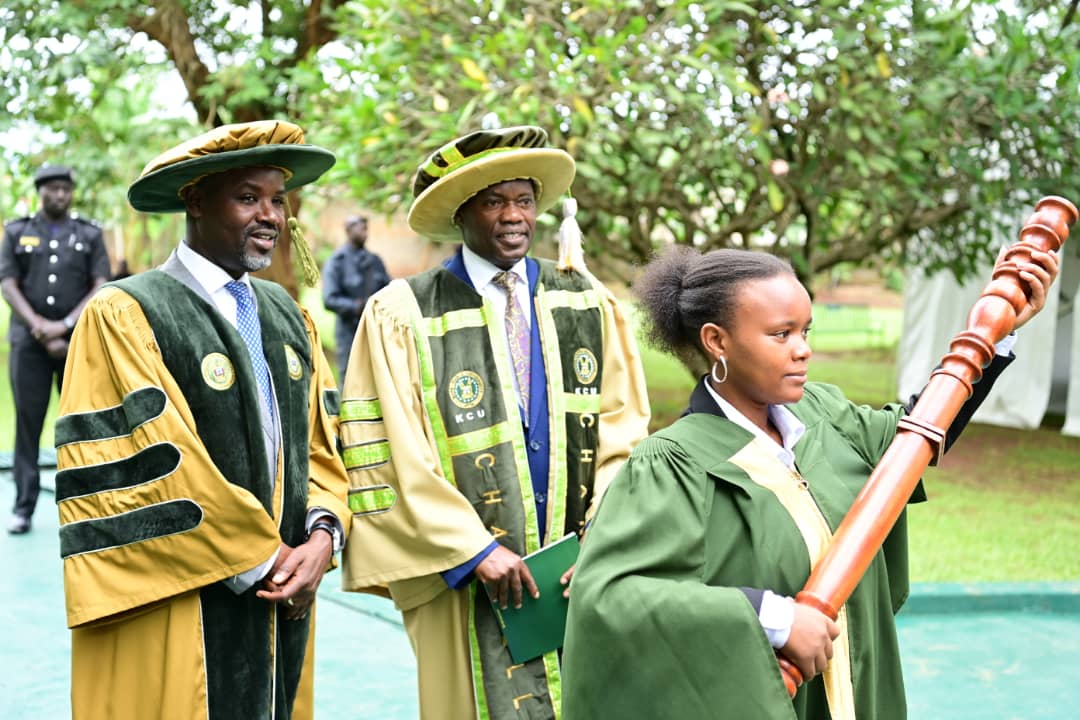Primatological conference discuses protection of primates habitats
Wildlife conservation experts have attributed the decline of primates on the continent to habitat loss, increase in human wildlife conflict, encroachment on forest and hunting for wild meat.
They said this needs to change if the chimpanzee and gorilla population are to increase on the continent.
Keep Reading
This was during the opening of the 2nd African Primatological Conference in Entebbe.
The conference brought together all primatologists from all over the world.
The conference mainly focused on the protection of primates such as chimpanzee, gorillas and monkeys on African continent that are being threatened by human factors.
The minister of Tourism, Wildlife and Antiquities, Prof Ephraim Kamuntu, noted that government is fully committed to the conservation of primates given the fact that 60% of the Uganda’s tourism gains come from the sale of gorillas and chimpanzee viewing permits.
He noted that human beings are supposed to preserve these animals because it is a command of God.
“We are not the same, when you hear that things have disappeared because of human activity, it is immoral, it is a sin so it is cultural as part of our heritage,we must conserve, we must protect and we must defend these animals,” he said.
He noted that there is need to preserve wild life not only for the present benefit but also for future generation.
“Not only must we use them for the present benefit but we must preserve them for the benefit of those who are not yet born. That is the command of the constitution,” he noted.
Dr Gladys Kalema, the vice president of the African Primatological Society noted that the biggest limitation to the primate conservation is lack of financial resources to facilitate primate conservers.
She revealed that more research needs to be done on how these primates can be well protected.
She urged people to avoid contact with these animals since they are susceptible to human diseases which can prove fatal.
“If we don’t prevent disease in ourselves when we interact them, they can get sick," she said.













